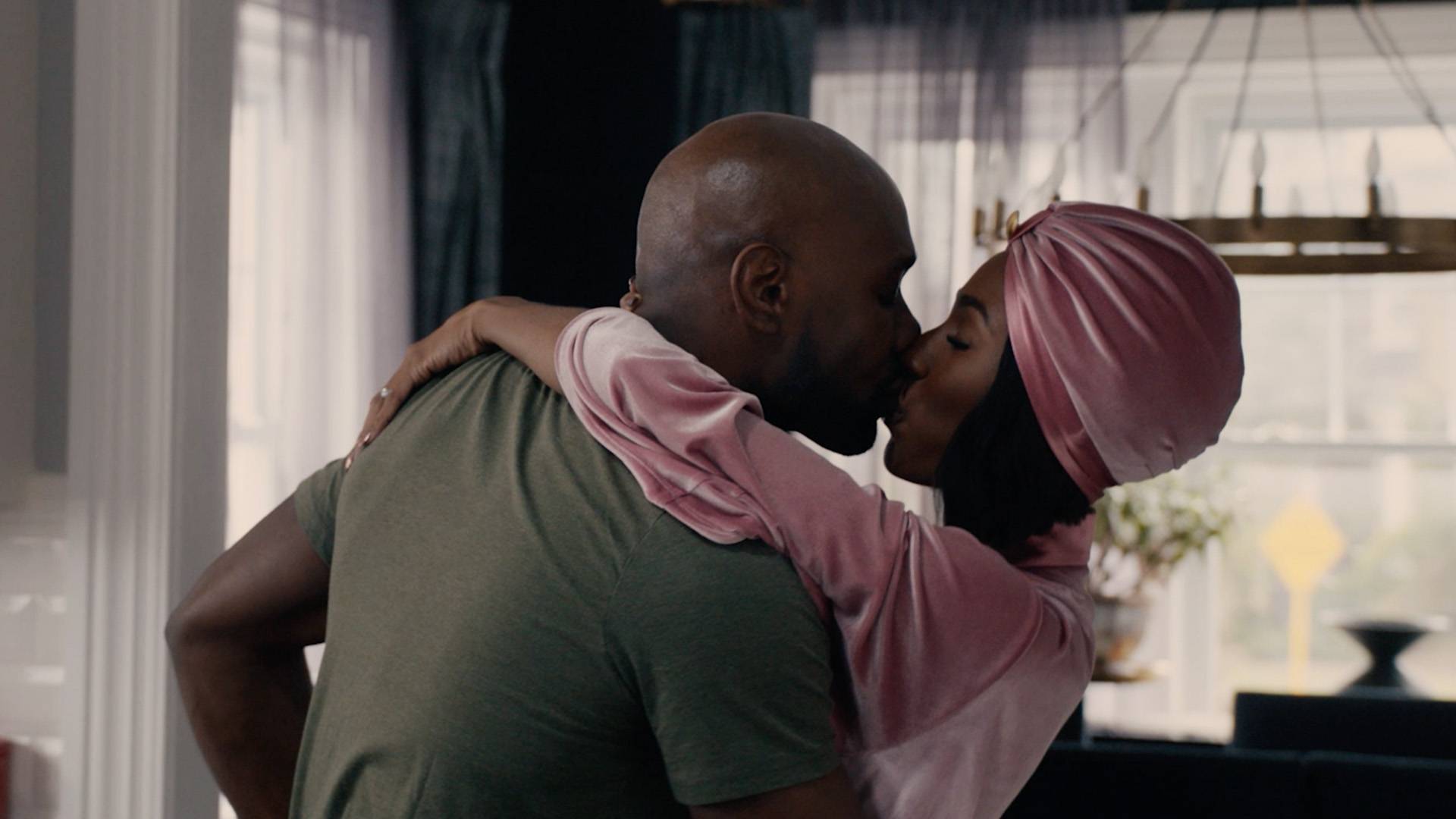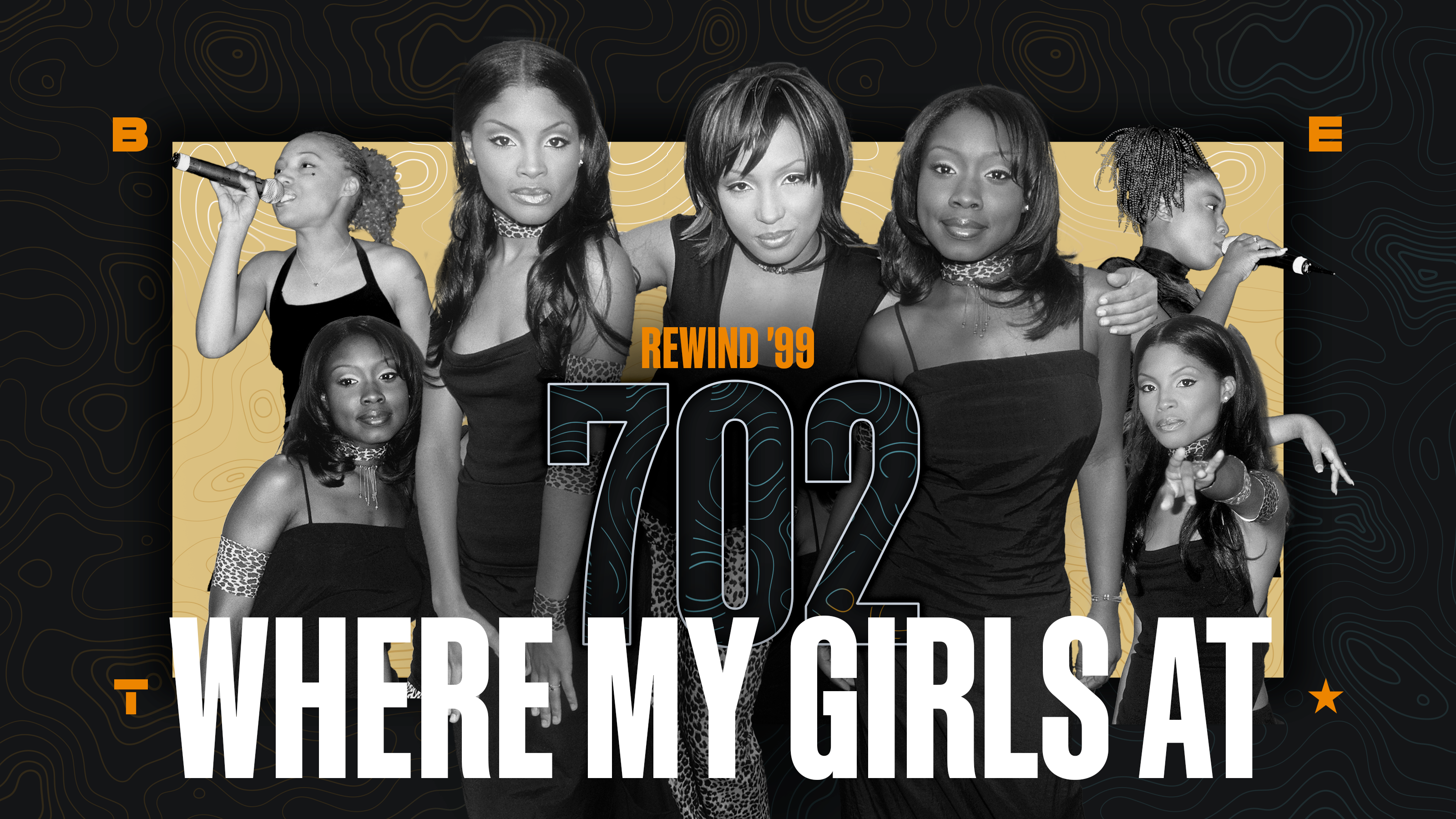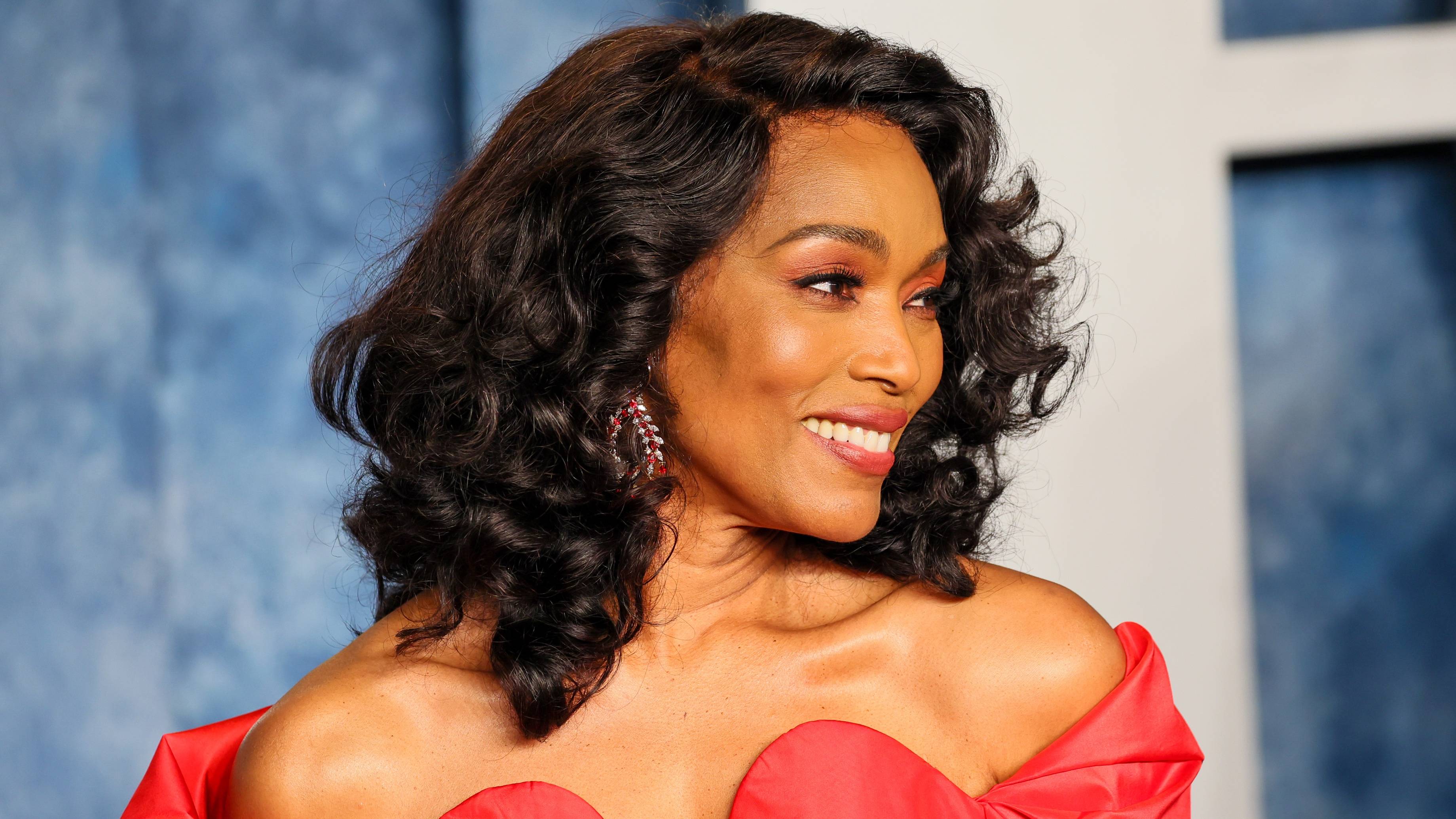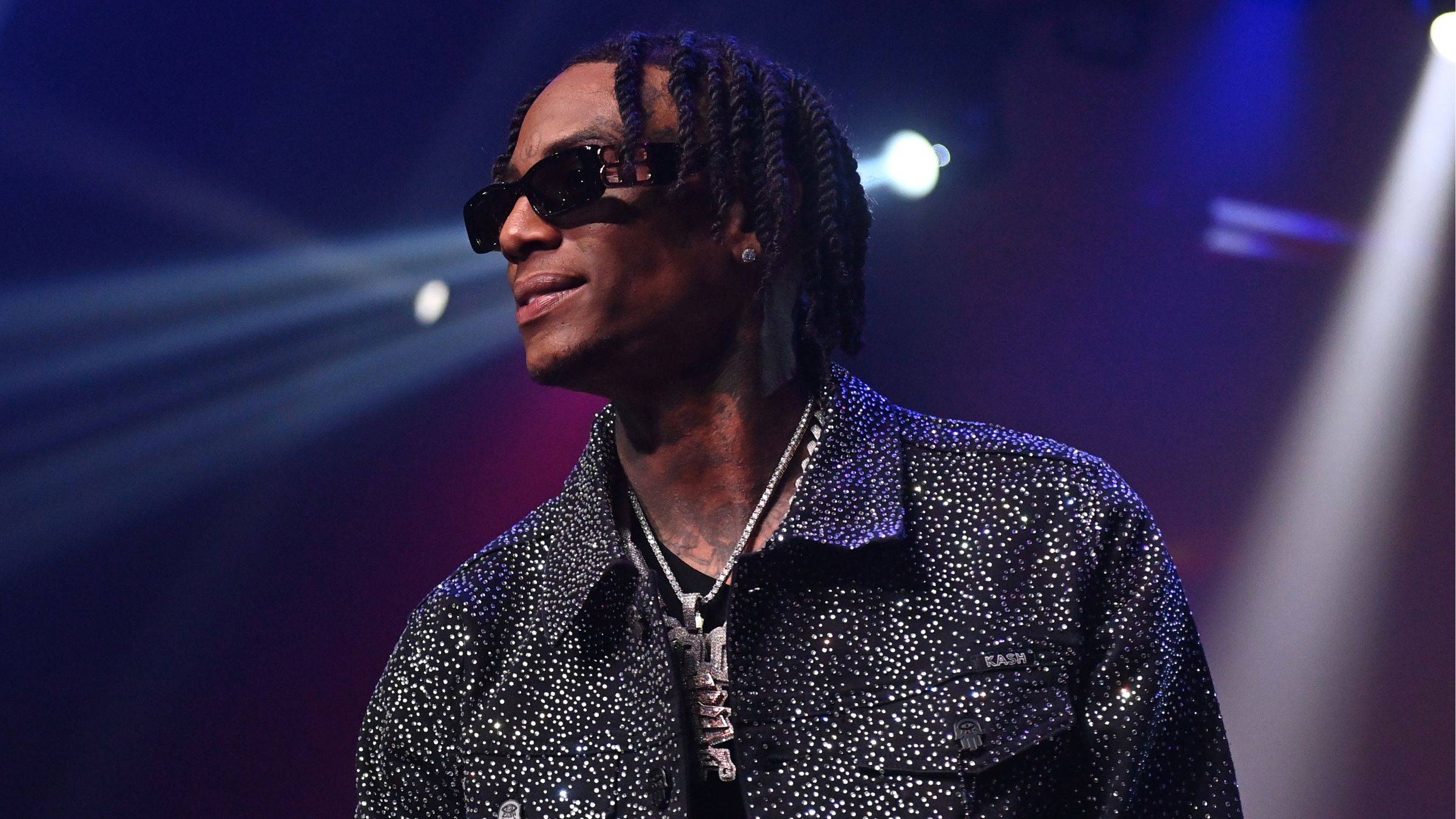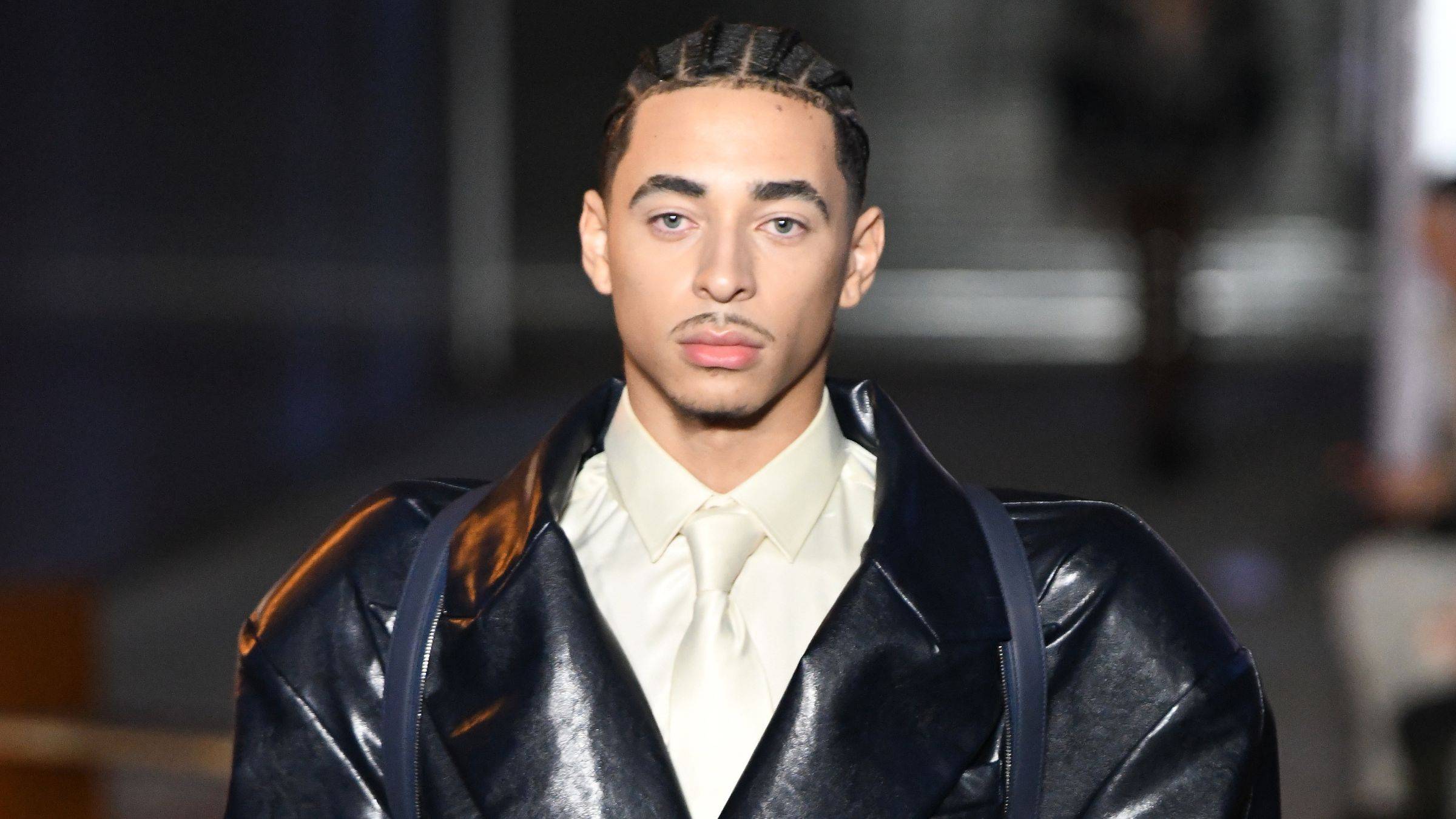Op-Ed: Questions About Colin Kaepernick’s ‘Fitness’ to Be The ‘Mixed Race’ Face of A Black Movement Opens Old Wounds
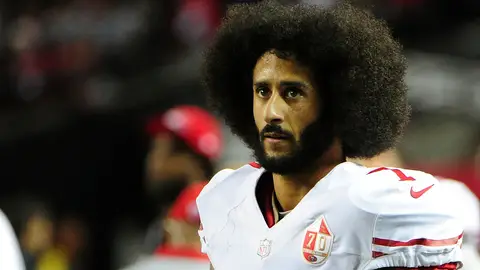
I am a dark-skinned Black man. I understand what that means vis a vis America writ large, particularly as it relates to those of a lighter hue.
But the microaggressions I and my fellow dark-skinned people encounter, don’t make us any more or less qualified than our light skinned brothers and sisters to be the face of a movement.
Colorism is a problem within our culture and it needs to stop.
Earlier this week, Marcellus Wiley, host of the FS1 show Speak For Yourself, brought up that old wound of colorism in his stinging comments aimed at blackballed former NFL quarterback Colin Kaepernick. Wiley also brought Nessa, Kap’s girlfriend, into the discussion. You can read more about it here.
Why must we continue to do this?
No doubt the original sin of slavery, and slave owners creating a hierarchy among their chattel still lingers to this very day. Who is a “house nigger”? Who is a “field nigger”? Not to mention the repeated rape of slaves by their masters leading to mixed race children, creating another group to struggle in the otherness heirarchy.
Light skinned privilege” and passing are real. They existed in the Antebellum South and exist to this day.
There is a “currency” that being closer in complexion to white affords an individual.
It is that inequity that can, and understandably, cause resentment towards light skinned Black people who don’t acknowledge their privilege from their darker brothers and sisters.
Like slavery is woven into the fabric of this nation, so too is dark skin and light skin into our collective concious and subconcious.
Whether it means being the “face” of something or being seen as more “acceptable” to the mainstream. It is there. But society’s insistence and obsession with color does not have to be ours.
At the end of the day light or dark, we are all Black. If the goal is for all Black people, that means ALL Black people.
Yes, Kap is mixed race and was raised by a white family in central California. No, he did not grow up in Watts or Compton. Does that preclude him from having an awakening and understanding the plight of Black people?
Are you familiar with the “one drop rule”? The idea that if a person has even one ancestor of sub-Saharan African ancestry (“one drop” of black blood) that person is considered Black. Kap’s mother is white and his father is Black.
Of course the “one drop rule” is no longer on the books as state law, but if you think the ramifications aren’t still present, you haven’t been paying attention.
As an aside, if that “one drop rule” was still “in effect” some of you may not like the racial group you would be classified into, but I digress…
What do we gain from fighting an internal war of colorism, if the goal is equality (read: fairness) and equal (read: same) treatment under the law?
The longer we argue who is or isn’t Black enough or who is fit to be the “face” of a movement, the longer the movement will remain stuck in neutral.
Who benefits if we are fighting with one another over shades of Black?
In 1955 when Rosa Parks became the “face” of the Montgomery Bus Boycotts for refusing to give up her seat to a white person, there was another young woman (a 15-year-old girl) named Claudette Colvin who was arrested nine months earlier for doing the exact same thing.
In the many years since, research has been devoted to the overall Civil Rights Movement and the lesser known pioneers - of which Colvin was one - and why they were not put in front facing roles at the time.
The reasons are what you would imagine. In Colvin’s case, she was too young, poor, “dark skinned”, pregnant (due to rape), and too militant to be forward facing, according to many leaders at the time.
Colvin, who at present is still alive, believed she was “passed over” as a “face” due to colorism. In an interview she said:
“[I] was too militant for the movement; they wanted someone mild and genteel like Rosa. Even if I was not pregnant … The only difference between me and Rosa was that she was an adult and a lighter tone. Black people, at that particular time, liked the lighter feature of women … and men. [Because of television] Rosa would make a good representative for both the poor and the middle class people.”
In a 2019 interview with the Atlanta Journal Constitution, Colvin made her position on the Bus Boycott’s clear, saying:
“Rosa Parks wasn’t the first one to rebel against the segregated seats. I was the first one...They wanted the right timing and the right person. She was a prominent woman with outstanding character. It didn’t hurt me. It was about getting it better regardless whether it was me or her.”
Maybe it’s the perspective of time and the knowledge of the advancement that has taken place, but Colvin doesn’t appear to care who was the “face” as long as victory was the outcome.
In every great victory won, there have been sacrifices. Colvin made hers.This might be one we have to make collectively as all Black people continue to push for acceptance and equality for every shade of Black and brown.
Microaggressions happen in all forms to all people with any kind of “otherness.” Like it or not, Kap is an “other.” Instead of vilifying him or questioning his role in the movement, take a look at all of his deeds and actions to help “others”.
Don’t be a crab and pull his legs out from under him and thus all “others”. Lift him up, and in turn lift yourself up, and lend a hand in this eternal struggle.
